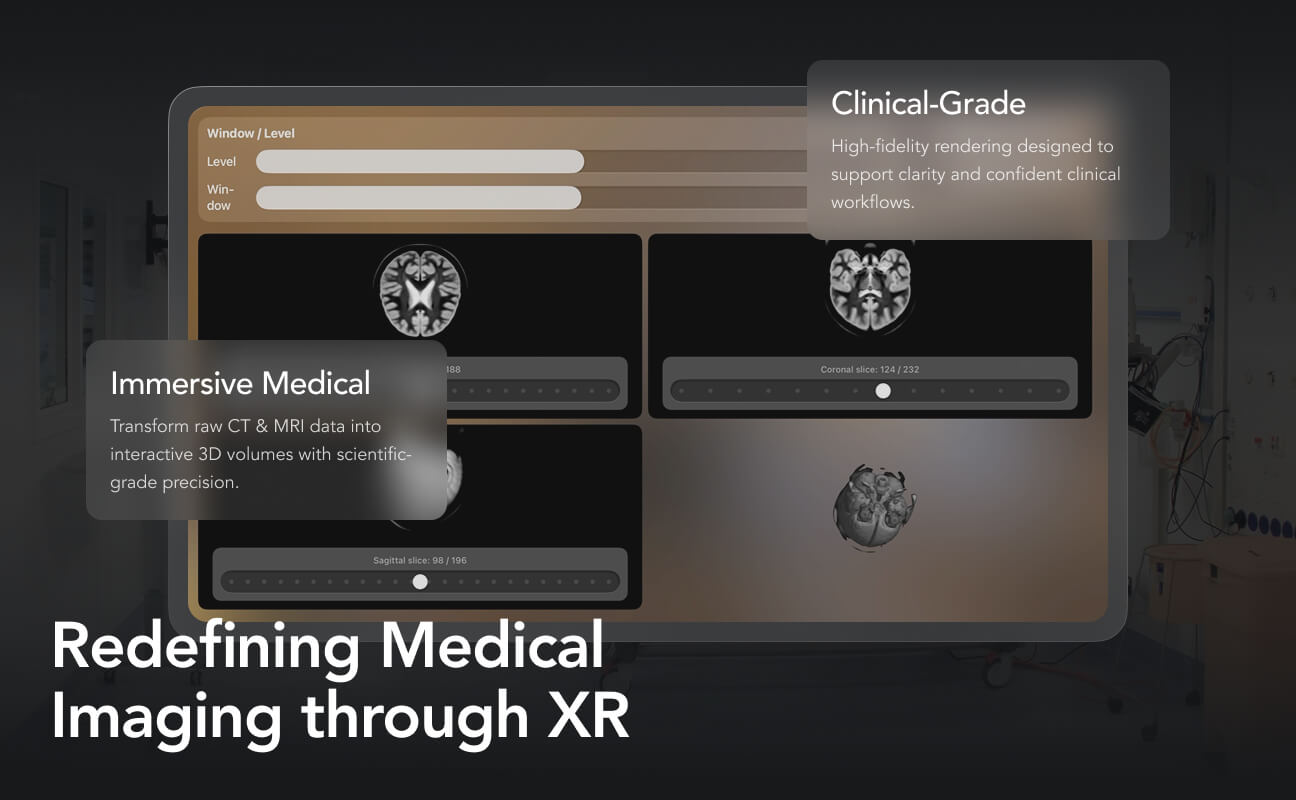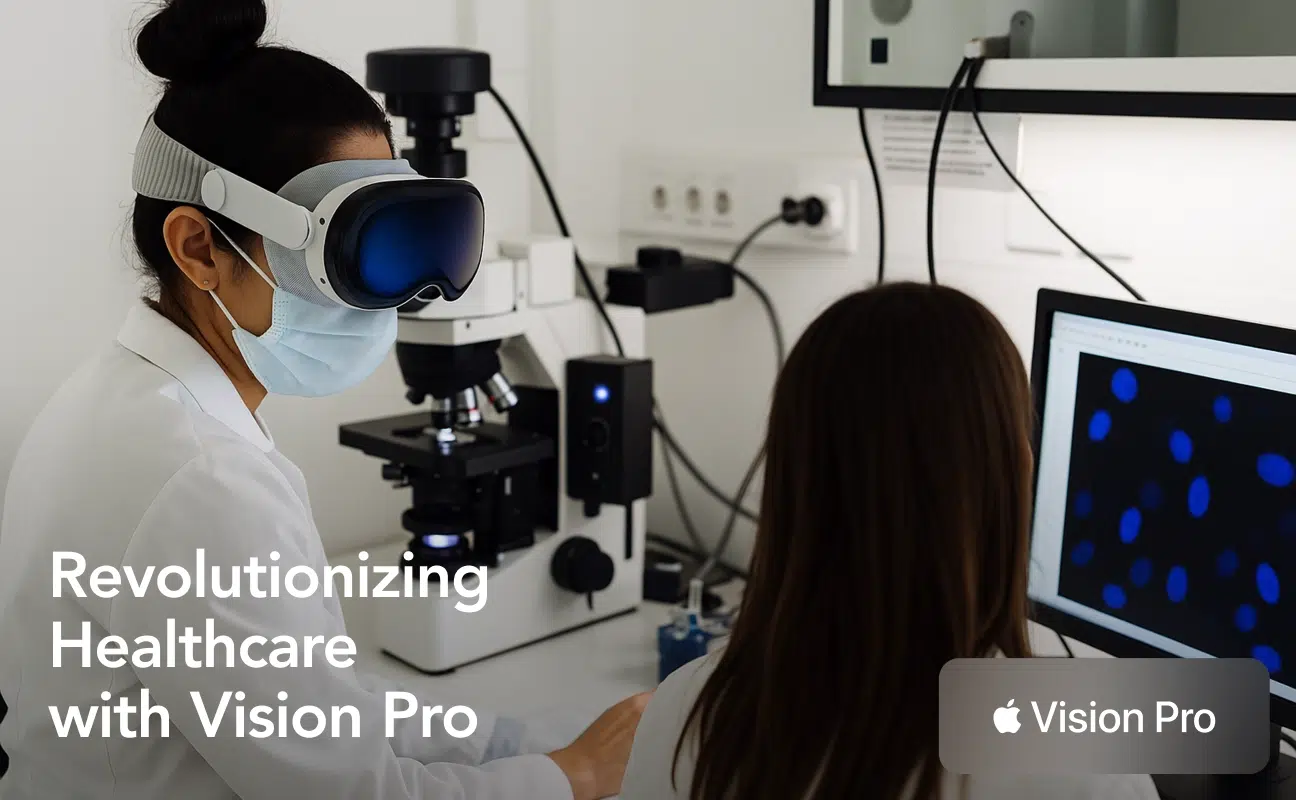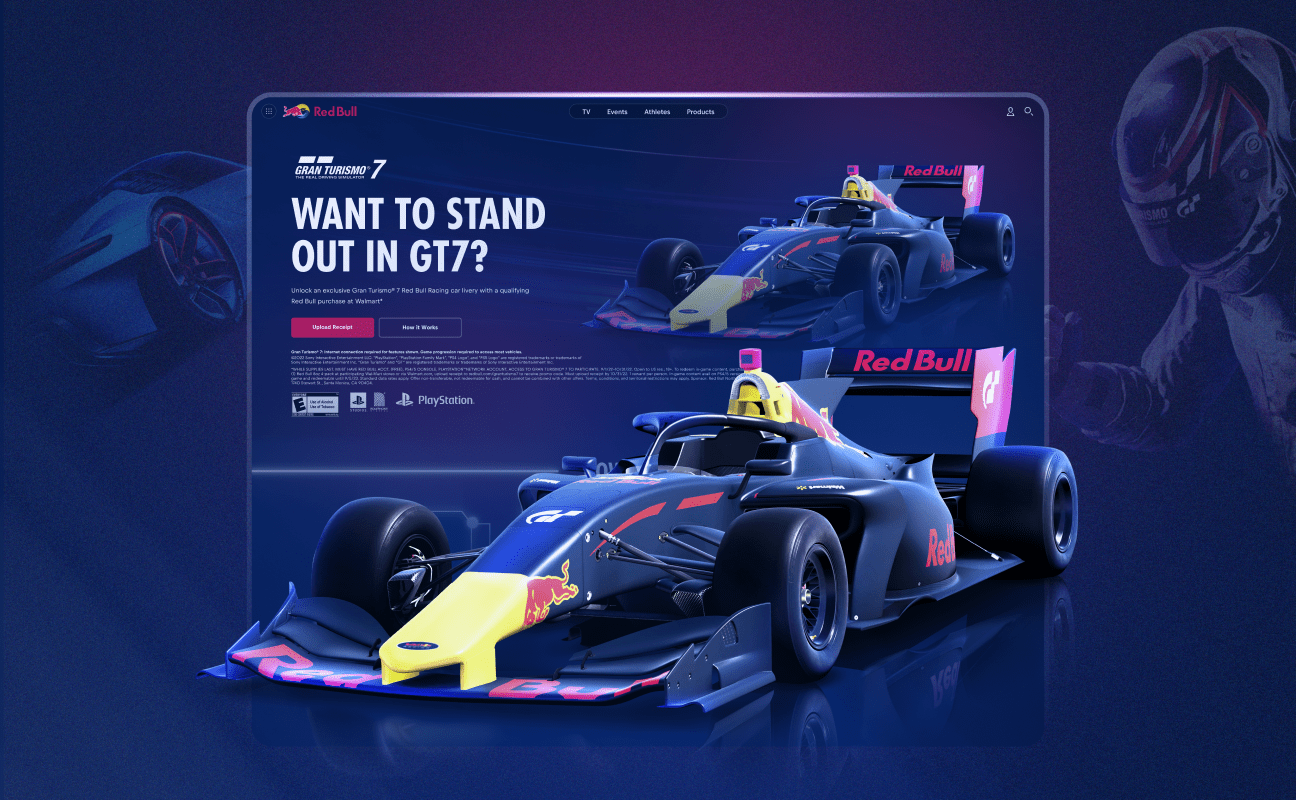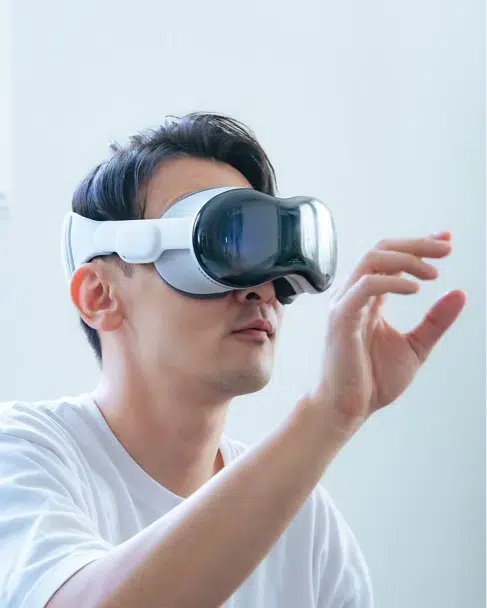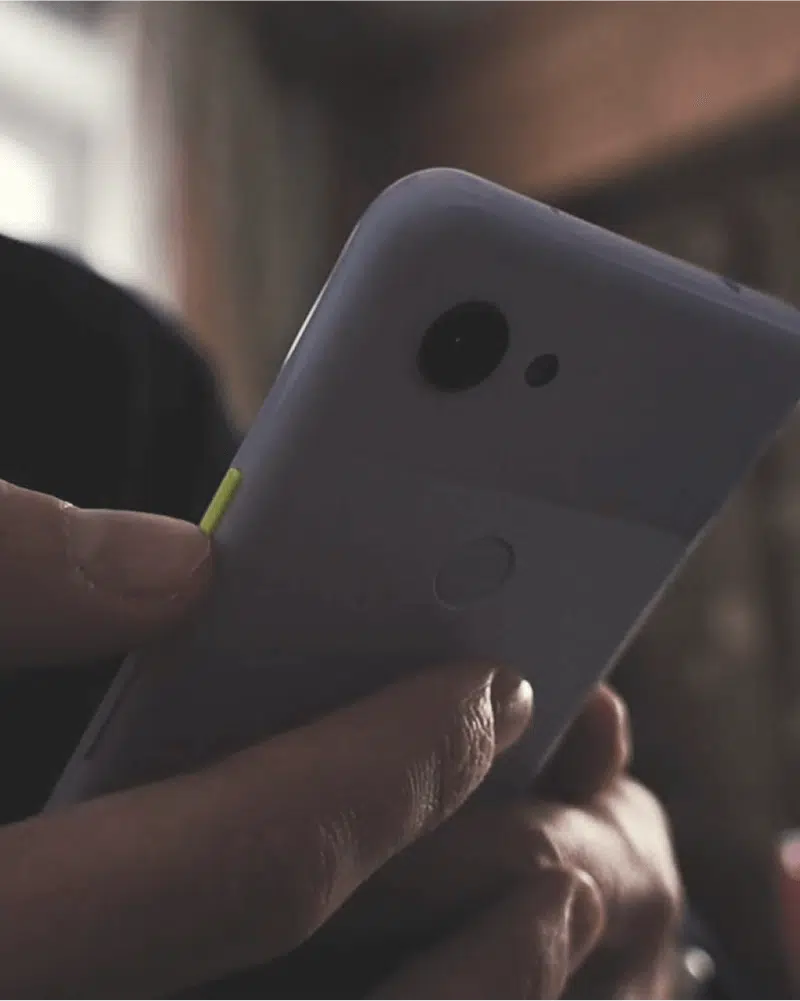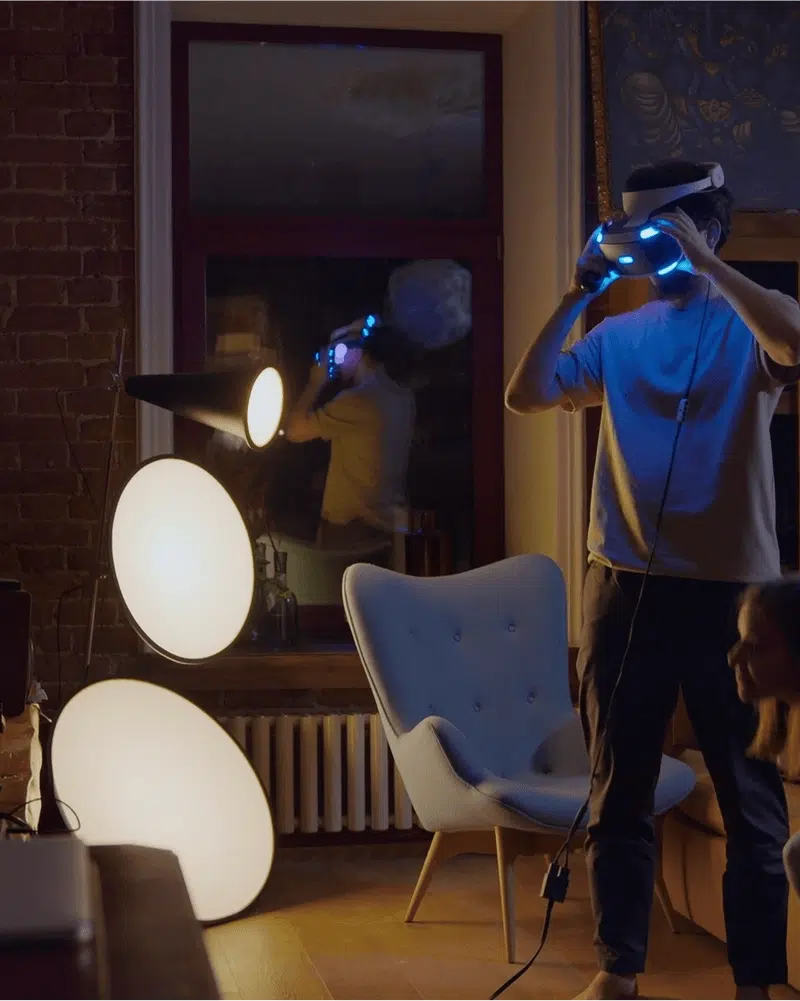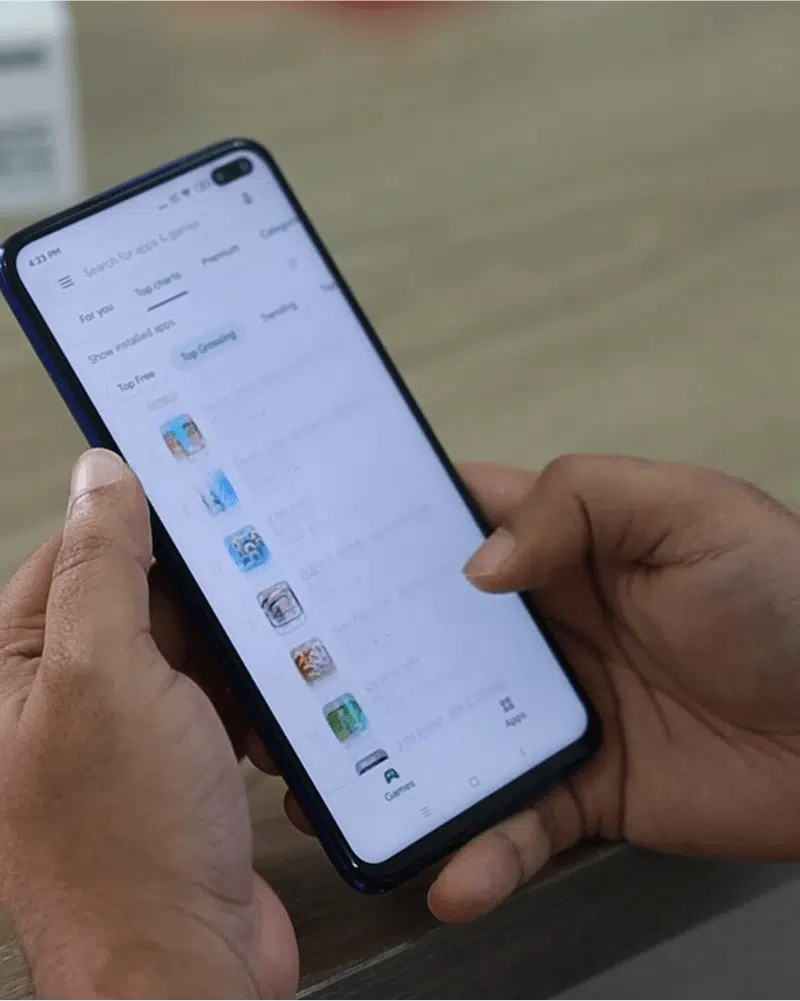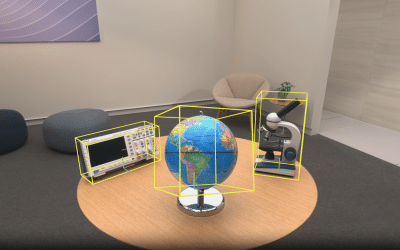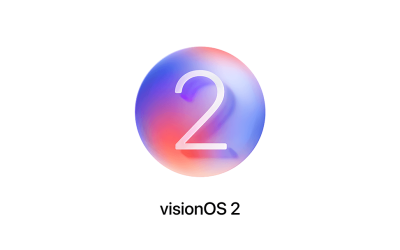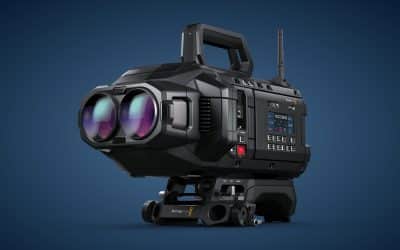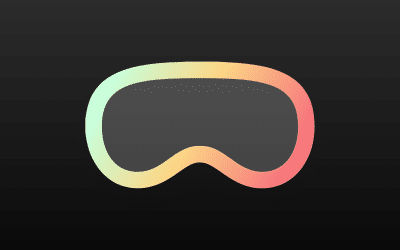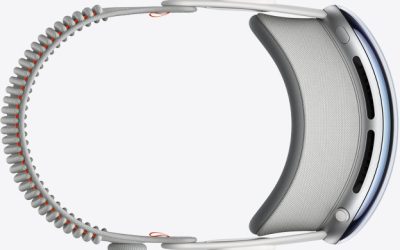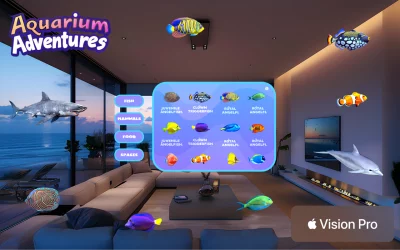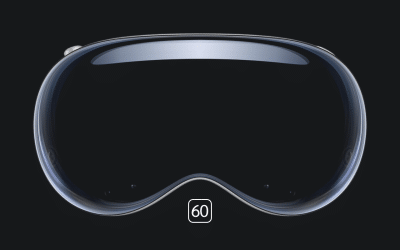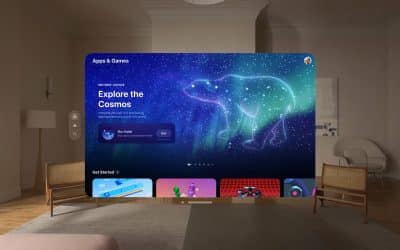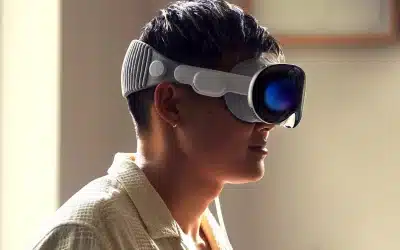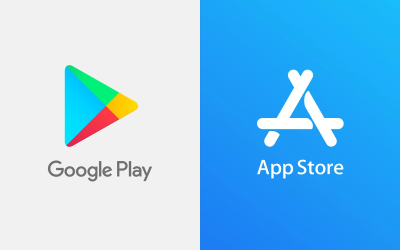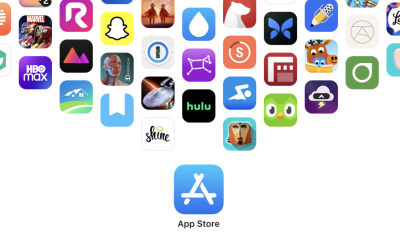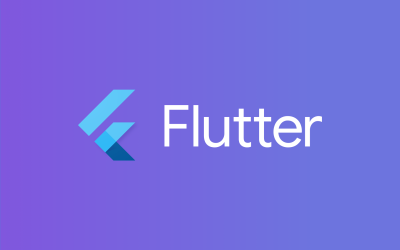AR/VR Development
Frame Sixty is an AR/VR development agency specializing in enterprise solutions for Apple Vision Pro, Meta Quest, web AR and mobile.
Why Frame Sixty
What we do
Frame Sixty is an award-winning, US-based leader in AR/VR development. As certified Apple Vision Pro developers, we build immersive applications for all major platforms—including Vision Pro, Unity, native VisionOS, and Meta Quest—and collaborate with the world’s largest enterprises to deliver groundbreaking augmented reality solutions.
Apple Vision Pro
Augmented Reality
Virtual Reality
Web AR
Mobile Apps
Artificial Intelligence
Recent Work
Apple Vision Pro apps
Key Stats
With decades of expertise and multiple patents in AR/VR development and artificial intelligence, we are pioneers in spatial computing and immersive experiences
Capabilities
We specialize in AR/VR development, building spatial experiences for Vision Pro, Meta Quest, and mobile AR—from prototype to release.
Vision Pro
Web Apps
UI/UX Design
iOS Apps
Android Apps
Augmented Reality
Reviews from our clients
Awards
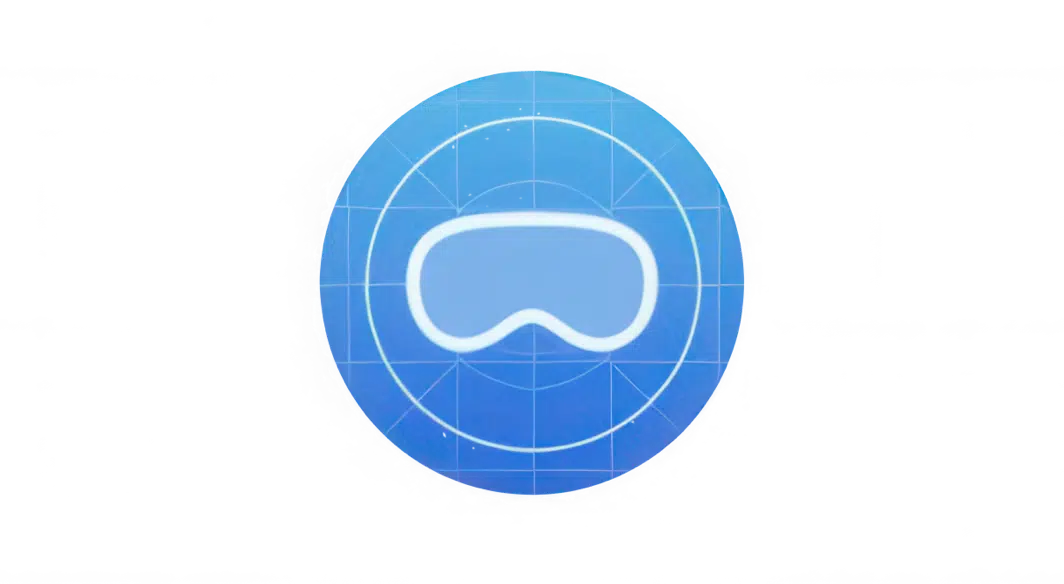
Vision Hacks Winner
Featured on Apps for Apple Vision Pro
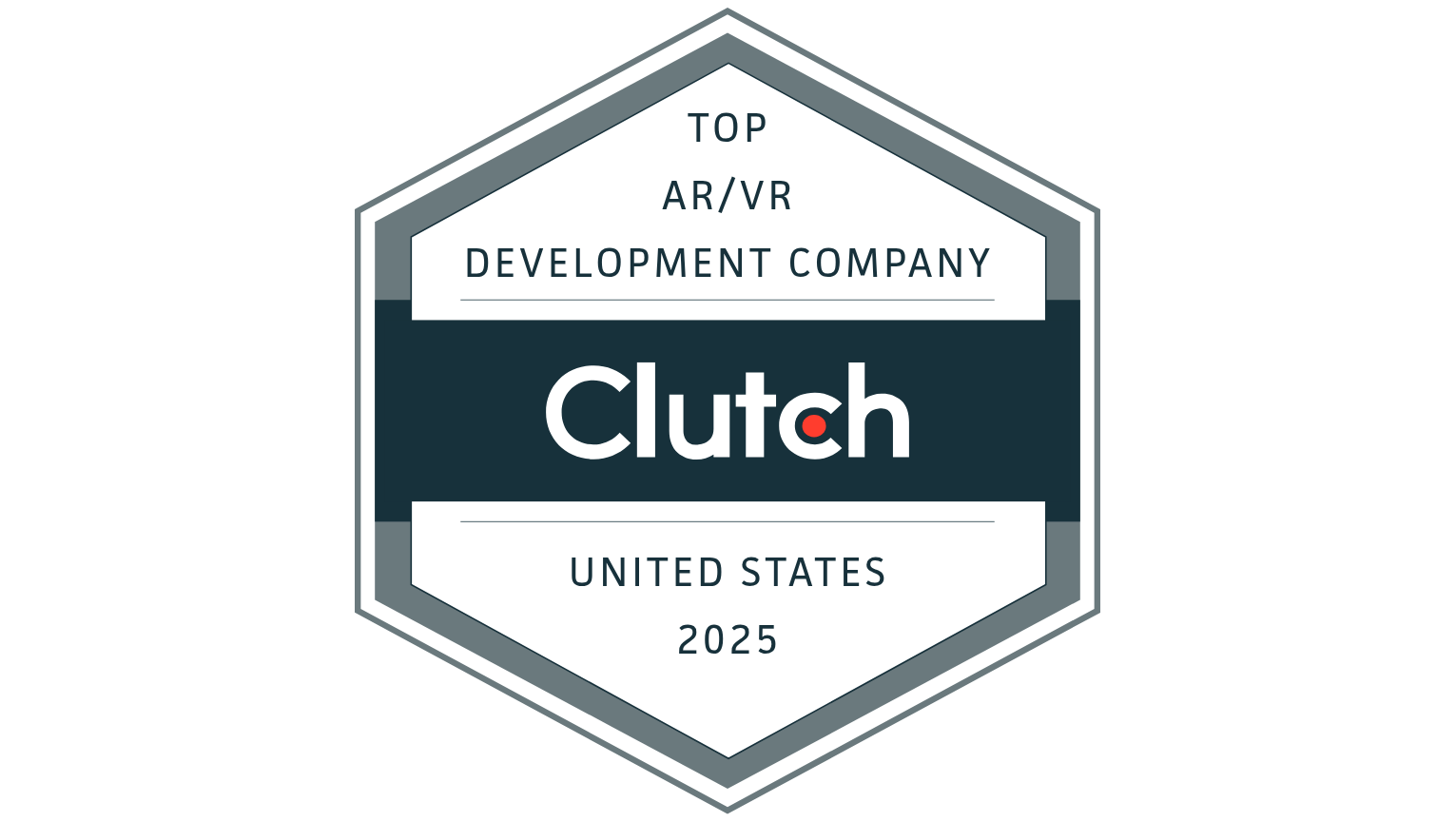
Top AR/VR Development
Featured at WWDC
Partnerships
Meta selects Frame Sixty for Lufthansa's XR Inflight Program
As part of this exclusive partnership, Lufthansa is equipping select business and first-class travelers with Meta Quest headsets, offering a curated catalog of premium apps, games, and mixed reality experiences. Passengers can now enjoy entertainment, relaxation, and experiences—all from their seat at 30,000 feet. Learn more about the Lufthansa & Meta partnership: Lufthansa & Meta Partnership


Designed for Business and First-Class Travelers
Offering exclusive access to cutting-edge VR & mixed reality experiences.
Hands-Free, Immersive Engagement
No controllers needed, making it easy to enjoy in-flight
Curated App Selection by Meta
Featuring high-quality content from top developers, including Frame Sixty.
Available in Multiple Languages
Offering a seamless and immersive experience for international travelers
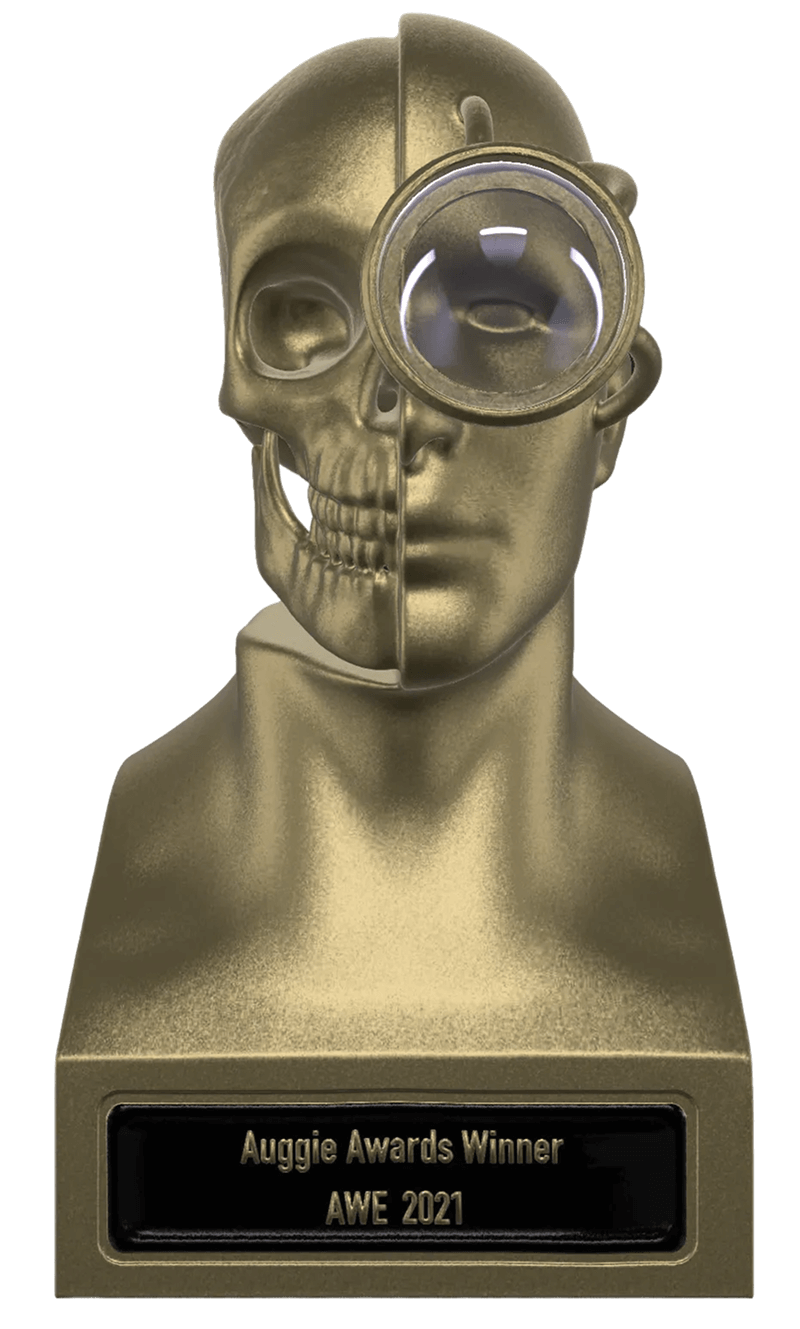
Award-Winning ASL Translator
In 2025, Frame Sixty won the “Best Societal Impact” award at the AWE USA Auggie Awards for our real-time ASL Translator on the Apple Vision Pro, bridging Deaf and hearing communities.
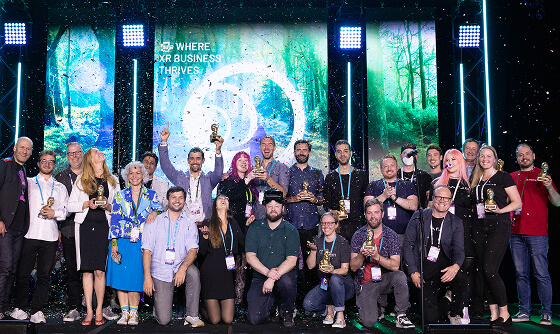
Latest News
Vision Pro Development: Transforming Enterprise Operations with New Object Tracking APIs
Apple has once again set the benchmark for innovation with the release of new APIs specifically designed for Vision Pro on visionOS.
What’s New for Developers in Vision OS 2.0
Discover the latest features and tools in visionOS 2.0 for developers. Stay updated with FrameSixty’s insights on the new visionOS enhancements.
Unlocking the Future of Spatial Video Content with Blackmagic’s New Camera and Apple Vision Pro
Blackmagic Design has taken a bold step forward in the realm of augmented reality (AR) and virtual reality (VR) content creation with the introduction of its new camera system, designed specifically for the Apple Vision Pro.
8 Apps for Apple Vision Pro! ?
The Frame Sixty team is excited to announce that we’ve successfully built and launched 8 apps for Apple Vision Pro! Our projects demonstrate our expertise in native SwiftUI on VisionOS, Unity development, and the use of Apple’s polyspatial APIs for VisionOS, including work in Spatial Design, 3D modeling, and advanced mixed reality architectures.
The Future of Mixed Reality: How the Apple Vision Pro is Changing the Game
After years of rumors and anticipation, Apple has unveiled its first effort into mixed reality hardware, the Apple Vision Pro.
Aquarium Adventures: Apple Vision Pro
Experience Aquarium Adventures’ Apple Vision Pro app, where AR transforms learning about aquatic environments into an educational adventure.
The Future of Augmented Reality: How Apple Vision Pro are Leading the Way
The line between real and digital is becoming increasingly blurred. From natural user interfaces to mixed reality experiences, innovative technologies like Apple Vision Pro are spearheading the next wave of augmented reality (AR) advancements.
Apple Vision Pro: Spatial Design
Apple has always been at the forefront of innovation. Its efforts to consistently push the boundaries of technology to redefine user experiences have grown a step further. The spatial design capabilities of Apple Vision Pro allow developers to create exceptional sensory experiences. In this article, we will discuss the incredible spatial design elements of Apple Vision Pro in detail
New App Store for Apple Vision Pro
Apple has taken a giant leap forward in the world of spatial computing with Apple Vision Pro. This revolutionary mixed-reality computer seamlessly blends digital content with the physical world. Developers are showing great interest in bringing their apps to Vision Pro. In fact, developers are creating and optimizing apps specifically for Vision Pro and VisionOS.
App Store Optimization (ASO): Boosting Discoverability And Downloads
Smartphone use has become second nature to people worldwide, meaning that having an app for your business is no longer a matter of choice but a necessity. It can help you generate revenue, engage with customers, and boost brand awareness. Recent forecasts have shown that revenue generated from the apps worldwide is expected to cross $670 billion by 2027.
Monetization Strategies for Mobile Apps
CTO5 MIN READ Why is Mobile App Monetization Important? Freemium Models Subscription-Based Services In-App Purchases In-App Advertising Optimizing Revenue Generation Final Words Monetizing your mobile app is an important aspect of the app development...
The Power of Cross-Platform Development for iOS and Android: Flutter, React Native, Unity or Native
The ability to reach a broad audience efficiently has become a key consideration for businesses, especially in this ever-evolving landscape of mobile app development. This has led to the rise of cross-platform app development, a strategy that allows developers to create applications compatible with both iOS and Android platforms simultaneously.
FAQs About App Development
At Frame Sixty, we help companies turn bold ideas into immersive realities through expert AR/VR development. Whether you’re building for Apple Vision Pro, Meta Quest, or mobile AR, our clients often come to us with similar questions. We've grouped them into helpful categories so you can get a head start before reaching out.
How do you estimate the cost and timeline for a project?
We start with a short discovery call to understand your needs. Then, we provide a detailed estimate that includes phases, deliverables, timeline, and pricing specific to your AR/VR development goals.
Can you work with existing assets, code, or partially developed projects?
Absolutely. Whether it’s 3D models, design files, or partially completed apps, we can audit, optimize, and build on top of what you already have.
What tools and platforms do you use in AR/VR development?
Our team works with Unity, Unreal Engine, RealityKit, ARKit, WebXR, and proprietary tools. We choose the best stack based on your platform and experience goals.
How do you handle revisions or changes during development?
We build in flexibility by structuring development into phases. This allows for feedback loops, pivots, and iteration while keeping your AR/VR development timeline on track.
Do you offer white-label or partnership models?
Yes, we frequently partner with agencies or businesses looking to resell AR/VR development services under their brand.
Can you help me create a prototype or MVP for Vision Pro?
Yes. We regularly build proof-of-concept apps and MVPs to help clients validate ideas, secure funding, or pitch to internal stakeholders.
Do you support 3D medical visualization or healthcare apps on Vision Pro?
Absolutely. We've built medical-grade prototypes, including brain scan visualization tools, and can tailor AR/VR development for healthcare use cases.
Do I need special hardware to test Vision Pro apps?
For initial development, we use Apple’s visionOS simulator. However, full testing requires access to the Vision Pro device, which we support internally.
Can you port an existing Unity app to Vision Pro?
Yes. We can migrate existing Unity projects to visionOS using Unity PolySpatial and Apple's APIs, while optimizing for performance and UI/UX standards.
Will my Vision Pro app work with other Apple devices?
Some components can extend to iPad or iPhone, but immersive spatial features are exclusive to Vision Pro. We can advise on cross-device strategy as part of your AR/VR development roadmap.
Do you support mixed reality and passthrough experiences?
Yes. Our AR/VR development team specializes in Quest’s MR capabilities using color passthrough, depth APIs, and environment blending.
Can you build multiplayer or networked Quest experiences?
Absolutely. We can integrate Photon, Normcore, or custom networking stacks to enable social, collaborative, or multiplayer AR/VR apps.
What’s the difference between Quest 2, 3, and Quest Pro for development?
While all support core features, Quest 3 and Pro offer better passthrough, depth sensing, and hand tracking. We help tailor AR/VR development to the hardware's strengths.
Do you support hand tracking or controller-free interactions on Meta Quest?
Yes, we implement Quest’s hand tracking APIs for natural gesture-based input, ideal for immersive experiences and accessibility.
Can you build a Unity or Unreal project for Quest?
Yes. We primarily use Unity for Meta Quest apps but can also develop in Unreal depending on the visual or technical requirements.
Can you build both AR and VR experiences?
Yes. Our team handles the full spectrum—from mobile AR on iOS/Android to fully immersive VR for headsets like Quest and Vision Pro.
Do you create custom shaders, effects, or interaction systems?
Yes. We frequently develop custom graphics pipelines, shaders, and input systems to create high-fidelity AR/VR experiences.
Can you help with ideation and product strategy for AR/VR?
Definitely. Many of our clients engage us early to help shape the product vision, build prototypes, and outline a go-to-market plan.
Do you provide post-launch support or feature updates?
Yes. We offer ongoing support, feature expansions, and performance optimizations after your AR/VR app is live.
Can you integrate AI, machine learning, or computer vision into AR/VR apps?
Yes. We’ve integrated AI-based assistants, object tracking, and spatial awareness features into AR/VR projects for smarter interactions.

